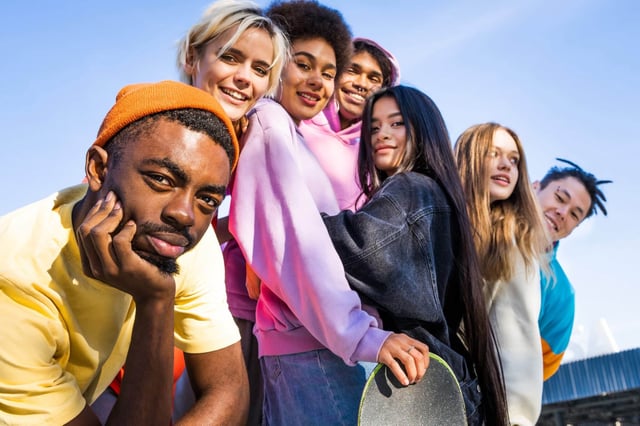Overview
- Published June 30 in the American Psychological Association’s Journal of Experimental Psychology: General, the research surveyed 5,943 participants who recognized the English slang “cool” across 12 countries from 2018 to 2022.
- Participants universally rated cool people as more extraverted, hedonistic, powerful, adventurous, open and autonomous.
- Although coolness requires likability, it diverges from moral goodness by privileging edgier traits like hedonism and power over warmth and conformity.
- Researchers link the enduring notion of cool to 1940s Black jazz and 1950s beatnik subcultures that have since been amplified through global media.
- Critics argue that filtering for English slang familiarity and relying on online recruitment may underrepresent older, rural and non-Western demographics, limiting generalizability.



